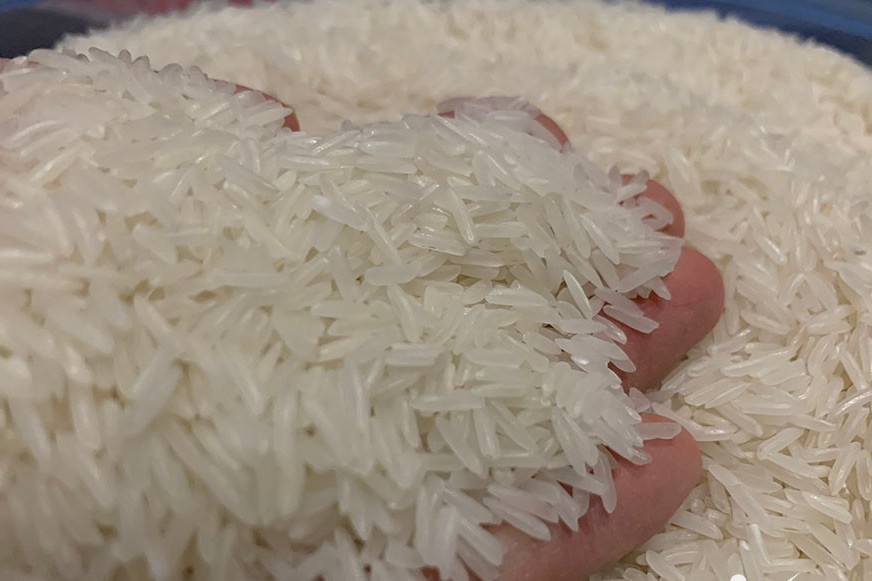
Since the beginning of 2025, the export price of Vietnamese rice has dropped sharply, with 5% and 25% broken rice falling below $500 per ton.
Even premium fragrant rice varieties have seen prices dip below $600 per ton, marking the lowest figures in two years and raising concerns among farmers.
According to the Vietnam Food Association (VFA), as of January 8, the export price of Vietnamese 5% broken rice dropped by an additional $7 per ton, reaching $460 per ton. This figure is close to the two-year low. Similarly, 25% broken rice fell by $5 per ton, now priced at $432 per ton.
When compared to Thai rice, Vietnamese 5% broken rice is $30 per ton cheaper, while 25% broken rice is $15 per ton lower.
Thai rice, however, has remained stable or seen only slight decreases. With prices at $490 per ton for 5% broken rice and $447 per ton for 25% broken rice,
Thai rice has significantly outpaced Vietnamese varieties, securing its position as the priciest among leading global exporters.
Factors driving Vietnam’s rice price decline
Explaining the sharp decline in Vietnamese rice prices, Tran Thanh Hai, Deputy Director of the Export and Import Department under the Ministry of Industry and Trade, likened rice prices to stock market trends, with natural fluctuations over time. He emphasized that rice prices cannot rise indefinitely, and a decline after reaching a peak is inevitable.
Additionally, global factors have played a significant role. India, often referred to as the "world’s rice bowl," recently lifted its export ban and eliminated export taxes, flooding the market and creating pressure on global rice prices.
Ample global rice supplies have further impacted prices, affecting not only Vietnam but also other major exporters like Thailand and Pakistan.
In this challenging environment, Deputy Director Hai urged support for both businesses and rice farmers.
He proposed measures such as providing loans to traders and enterprises during periods of low prices to help them stockpile rice and stabilize the domestic market.
He also called for the financial sector to expedite VAT refund procedures to enable businesses to reinvest and purchase more rice.
Tam An